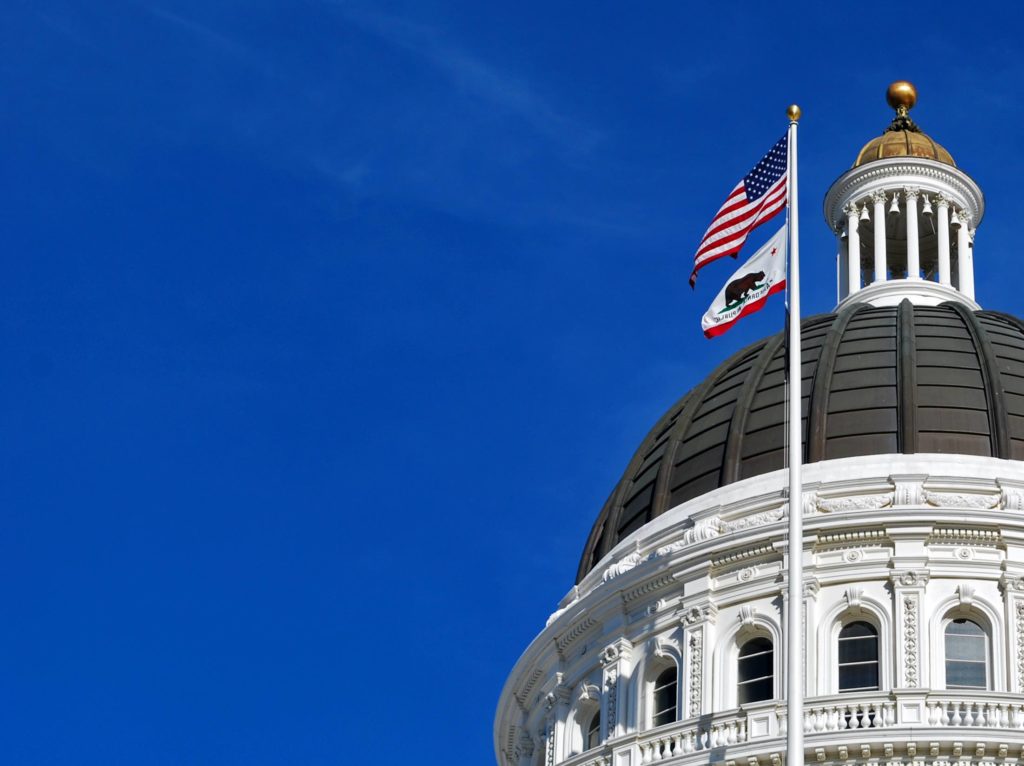Many State Farm agents participated in calls to lawmakers to help explain AB 2167 and its companion bill, SB 292. Together they would have provided a comprehensive framework to increase the availability of admitted market insurance in high fire-threat areas and help reduce risk and loss through individual home hardening and community-wide wildfire mitigation.
Major provisions of these bills would have:
Established the Insurance Market Action Plan (IMAP) program and authorized an insurer to submit an IMAP filing, which would have been subject to approval by the Department of Insurance.
Required, as part of an IMAP filing, an insurer to commit to offer new and renewal residential property insurance policies in counties with high fire-threat areas, as specified, until the insurer achieved a market share in those IMAP counties that is at least 85% of its statewide market share.
Required an IMAP to include community and parcel-level mitigation standards, procedures for verifying mitigation activities, a request for adequate rates, and a plan for maintaining solvency of the insurer (i.e., the ability to pay claims in the event of a disaster).
Allowed an IMAP filing to utilize complex catastrophe models that considered both parcel-level and regional mitigation.
Provided a framework for a new state commission, with a broad group of stakeholders, which would have developed home and community hardening standards that can reduce loss due to wildfires and establish a central database on housing infrastructure specific to wildfire risk.
Created a Catastrophic Modeling Advisory Committee that would have developed a plan for a public catastrophic wildfire loss model, strategies for review of third-party models, and supported the use of probabilistic loss modeling in IMAP rate filings.
Required the state’s Office of Planning and Research to issue an accountability report that would have analyzed the effectiveness of the IMAP program at providing more robust coverage at lower cost than the California Fair Access to Insurance Requirements (FAIR) plan, and monitored the insurers’ progress on their commitment to offer homeowners insurance policies in wildfire-prone communities.
In a last-minute shake-up, both AB 2167 and SB 292 were gutted and amended in Senate and Assembly Appropriations Committees, respectively. Now, both would have acted as “study” bills, which just states the intention to review the nonrenewal and market issues and report to the legislature. The time for “study bills” has passed, now is the time for action. The homeowners insurance availability challenges in high fire-threat areas will likely worsen as a result of the Appropriations Committee amendments. With that in mind, the authors, Assemblymember Daly and Senator Rubio, pulled the bills from consideration on the floor; both bills died in August of 2020.While the result is disappointing, AB 2167 and SB 292 served very important functions this year. With these bills, our lobbyists were able to offer a real solution to the affordability and availability issues in the homeowner’s insurance market. Having a innovative and detailed, proposal helped defeat poorly crafted, harmful bills like AB 2367. Moreover, we were able to demonstrate to lawmakers and the Governor that PIFC member companies are committed to serving consumers in California.
PIFC staff are now focused on evaluating what new threats and opportunities may come in the next legislative session.


